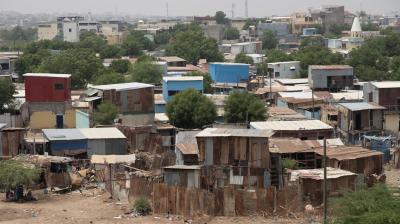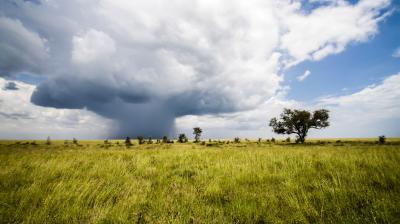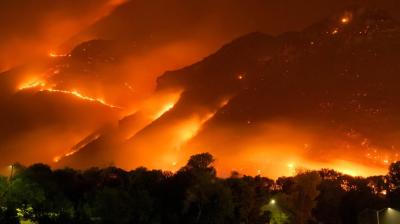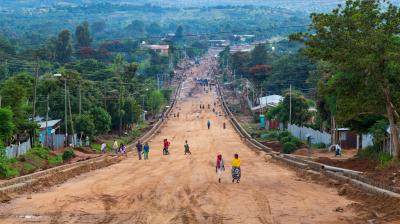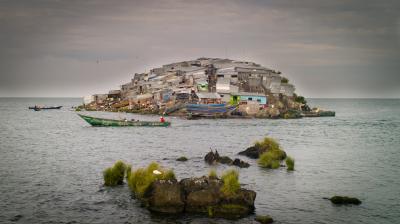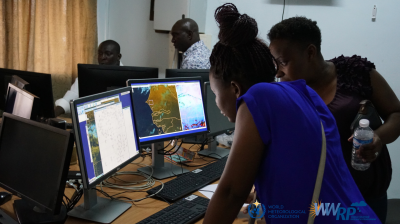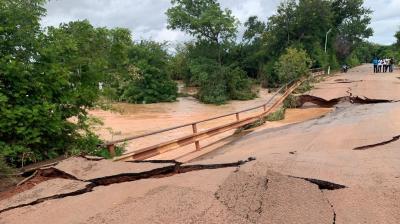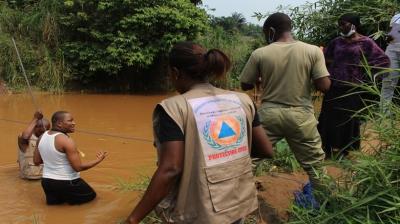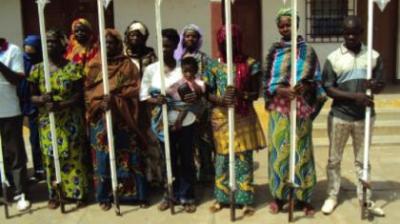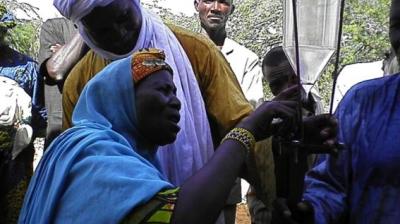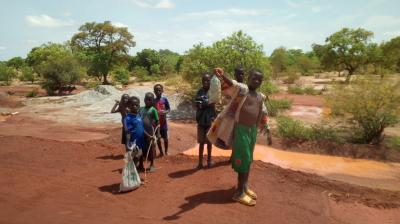Projects
Weather and Climate Information Services (WISER) for Africa (Donor: Foreign, Commonwealth and Development Office, (FCDO) (formerly, Department for International Development)
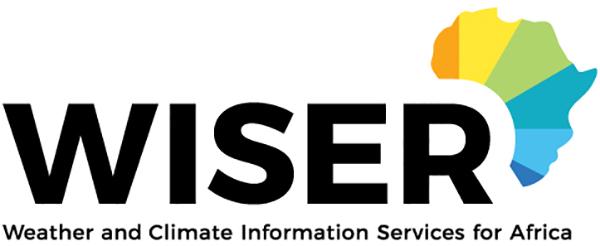
WISER is funded with UK aid from the British people and will deliver maximum value for money by working in partnership and collaboration, capacity building and leveraging funds to ensure long term sustainable delivery and improvement of weather and climate services in Africa. The WISER programme's mission is to deliver transformational change in the quality, accessibility and use of weather and climate information services at all levels of decision making for sustainable development in Africa.
The AMCOMET Secretariat is working closely with the African Climate Policy Center and the Met Office to deliver various projects under WISER.
Completed projects under Phase 1 include:
Developing National Strategic Plans
With support from WISER, AMCOMET has been assisting a number of national meteorological and hydrological services (NMHSs) in developing their National Strategic Plans (NSPs). These include the Kenya Meteorological Department, the Tanzania Meteorological Agency, the Uganda National Meteorological Authority, Météo Rwanda and Météo Burundi. More information on these NMHSs can be found on their websites.
For the benefit of all National Meteorological and Hydrological Services, WMO-AMCOMET also developed a National Strategic Plan Template and Guide, endorsed under the auspices of the African Union Commission and Regional Economic Communities.
Regional Climate Centre (RCC) capacity needs assessments
AMCOMET has also carried out RCC capacity needs assessments for ACMAD (African Centre of Meteorological Applications for Development), AGRHYMET (AGRiculture, HYdrology and METeorology) and ICPAC (IGAD Climate Prediction and Applications Centre). An overview report has also been produced.
Phase 2 projects have begun implementation in Q3 2017. These include the implementation of AMDAR in Kenya and the High Impact Weather Lake System Project being implemented in the Lake Victoria region. More information to follow.
Establishment of a Regional Climate Centre in Central Africa
Following the decisions taken during the First and Second African Ministerial Conference on Meteorology, the Economic Community of Central African States (ECCAS), the Economic and Monetary Community of Central Africa (CEMAC) have been collaborating with the World Meteorological Organization and the African Union Commission to establish a Regional Climate Centre in Central Africa, under the auspice of AMCOMET. The strategy and implementation plan has been approved by Central African Member States. The Climate Application and Prediction Centre of Central Africa (CAPC-AC) is hosted in Youndé, Cameroun.
Pilot Projects on the Global Framework for Climate Services in West Africa (Donors: Norwegian Ministry of Foreign Affairs and Government of Greece)
The overall goal is to contribute to the improvement of weather and climate related disasters and to climate change adaptation in Africa, through operationalizing the Global Framework for Climate Services. The projects also aim to establish the high-level strategies and mechanisms at regional level to develop Weather and Climate Services in West Africa and to build capacity for the prediction of severe weather and contribute to improving regional coordination of weather and climate services.
(Donors: Norwegian Ministry of Foreign Affairs) (Donors: Norwegian Ministry of Foreign Affairs)
The Uganda Department of Meteorology, World Meteorological Organization, MTN, Ericsson, National Lake Rescue Institute and the Kalangala Fishing community have come together in a unique partnership, and combined mobile technology, weather forecasting and local know-how, to provide a localised weather alert service to fishing villages on Lake Victoria. The public-private partnership has enabled the delivery of daily weather forecasts and well-timed warnings in local languages. A survey of 200 fishermen using Mobile Weather Alert service reported the weather alert service being important with 96% of the respondents saying it has improved the safety of their lives. Over 1000 fishers registered for the SMS weather service. Improved early warnings in Lake Victoria Region resulting in marked decrease of weather related accidents. MTN, Grameen Foundation AppLab Uganda and Ericsson are in the preparation of the wider service offering together with the Uganda Department of Meteorology, which will then be available for the entire Lake Victoria community.
Mobile Weather Alert - Farmers (Donors: Norwegian Ministry of Foreign Affairs)
In light of increased climate variability, severe weather events and uncertainties, the World Meteorological Organisation and the Uganda Department of Meteorology in conjunction with Grameen Foundation launched a 1-year Weather alert and advisories project in Kasese district in South Western Uganda through which subsistence farmers would timely receive climate and weather information for better planning of their agricultural activities. At the end of the pilot, the number of farmers registered for the SMS weather alerts, advisories and forecasts increased from 7,000 to 15,400 resulting on average of 40-50% increase in agricultural yields.
(Donors: Norwegian Ministry of Foreign Affairs, State Agency for Meteorology in Spain - AEMET) (Donors: Norwegian Ministry of Foreign Affairs, State Agency for Meteorology in Spain - AEMET)
Met-Agri organized 159 roving seminars to increase the interaction between National Meteorological and Hydrological Services (NMHSs) and farmers whose livelihoods depend on weather. These seminars increased the self-reliance of rural farmers by raising their awareness about effective weather and climate risk management and the sustainable use of weather and climate information and services for agricultural production. In a region which is susceptible to both extremes of droughts and floods, NMHSs involved in the project also distributed 3095 rain gauges to 2838 villages, providing farmers with a simple but invaluable crop management and planning tool which is taken for granted in many parts of the world, but remains here a scarce luxury for poor communities. The effective use of agro-meteorological information has reduced re-sowing rates by up to 35% and increased crop yields by up to 25% compared to "non-metagri" farms.
Severe Weather Forecasting Demonstration Project (Donor: Norwegian Ministry of Foreign Affairs)
The project aims to strengthen the capacities of NMHSs in Eastern and Southern Africa, and respective regional centres in forecasting and to improve national management skills and stakeholders’ engagement for the implementation of national Implementation Plans.


